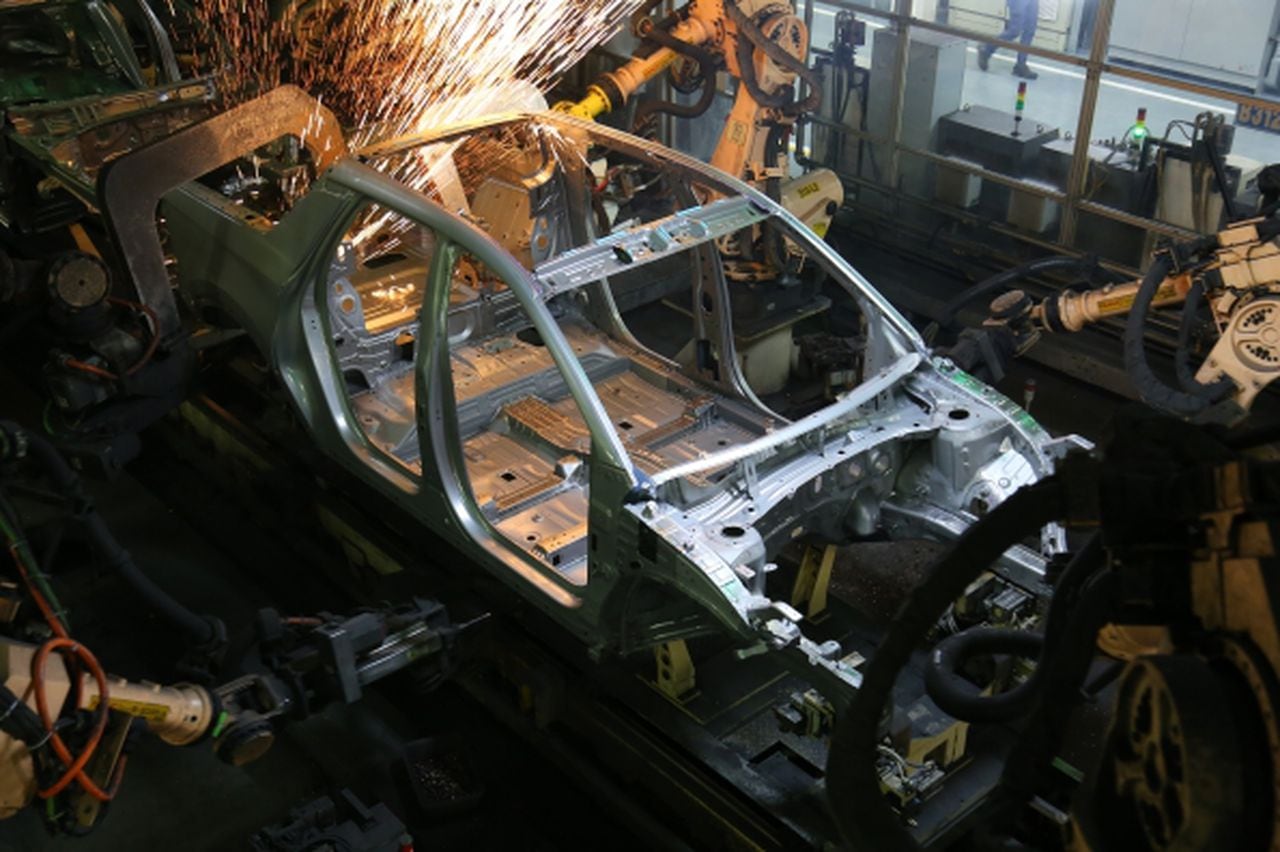UAW commits $40 million to unionizing Southern car, battery plants
The executive board of the United Auto Workers (UAW) is pumping $40 million over the next two years to fund its organizing push among non-union auto and electric battery workers, concentrating some of the money in the South.
In a statement, the union said it will spend the money “in response to an explosion in organizing activity among non-union auto and battery workers, in order to meet the moment and grow the labor movement.”
The announcement signals a significant commitment not just to traditional auto manufacturing, but the growing electric vehicle market.
Earlier this year, UAW announced significant union membership at Mercedes-Benz’s Tuscaloosa County plant in Vance, and at Hyundai’s Montgomery plant. The union also announced it has signed a majority of employees at Volkswagen AG’s Tennessee plant in Chattanooga. According to the union, about 10,000 people have joined at several auto plants as part of its ongoing drive.
“In the next few years, the electric vehicle battery industry is slated to add tens of thousands of jobs across the country, and new standards are being set as the industry comes online,” the union said in a statement. “These jobs will supplement, and in some cases largely replace, existing powertrain jobs in the auto industry. Through a massive new organizing effort, workers will fight to maintain and raise the standard in the emerging battery industry.”
The organizing effort has come in Southern states which have traditionally resisted organizing efforts, and has not gone unnoticed by state and business leaders.
Last month, Gov. Kay Ivey said the union push by the UAW means that Alabama’s “model for economic success is under attack.” This week, Alabama’s commerce secretary, Ellen McNair, said the unionization drive “places our state’s main economic driver in the crosshairs.”
The CEO of the Business Council of Alabama CEO Helena Duncan announced a website, Alabama Strong, online advertisements, and a campaign to “provide Alabamians with a full and thorough picture of the economic dangers that unionization presents,” as Duncan stated in an op-ed.
